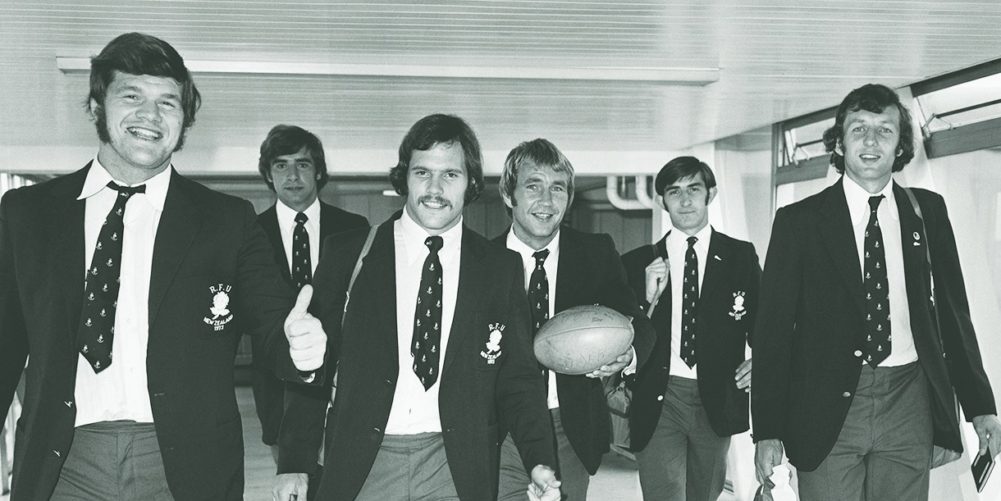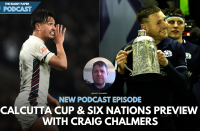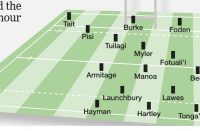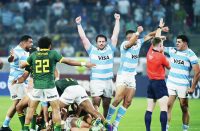THE FORMER BRITISH AND IRISH LIONS, ENGLAND AND COVENTRY CENTRE GEOFF EVANS
I’M still convinced that the food poisoning myself and half-adozen others got on the flight to South Africa on the Lions tour in ’74 was intentional. Anyone who’d chosen the meal with an anchovy garnish fell ill. I’ve not eaten them to this day, I felt so rough. I never truly got back up to speed after that. Instead of running onto the training field, I was running to the toilet.
Spending three months away from work was problematic for some of the players but I was very fortunate. I was working for a subsidiary of ...
Continue reading...
Access all our premium content from as little as 14p per day!
Already a subscriber to our website? Login


























